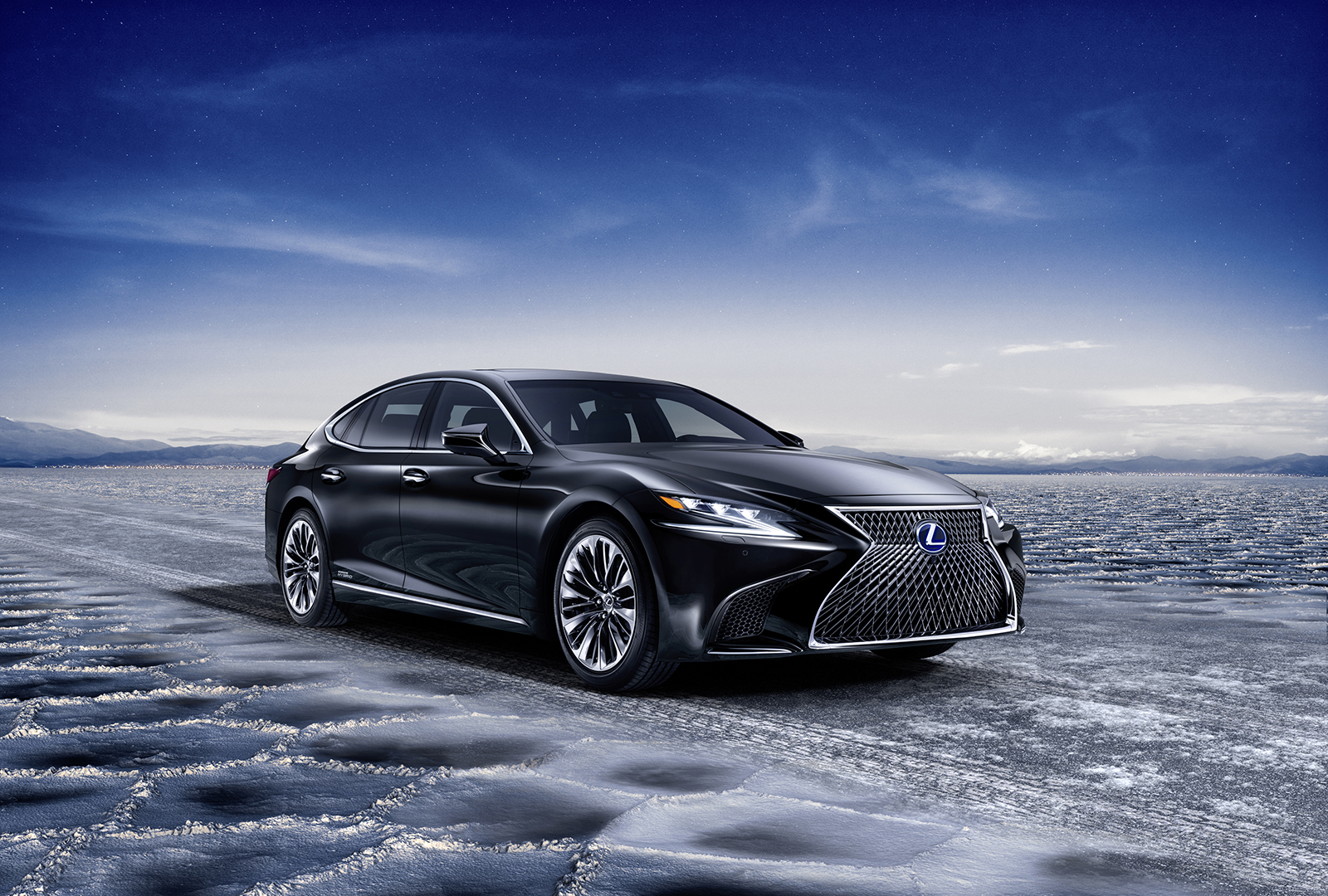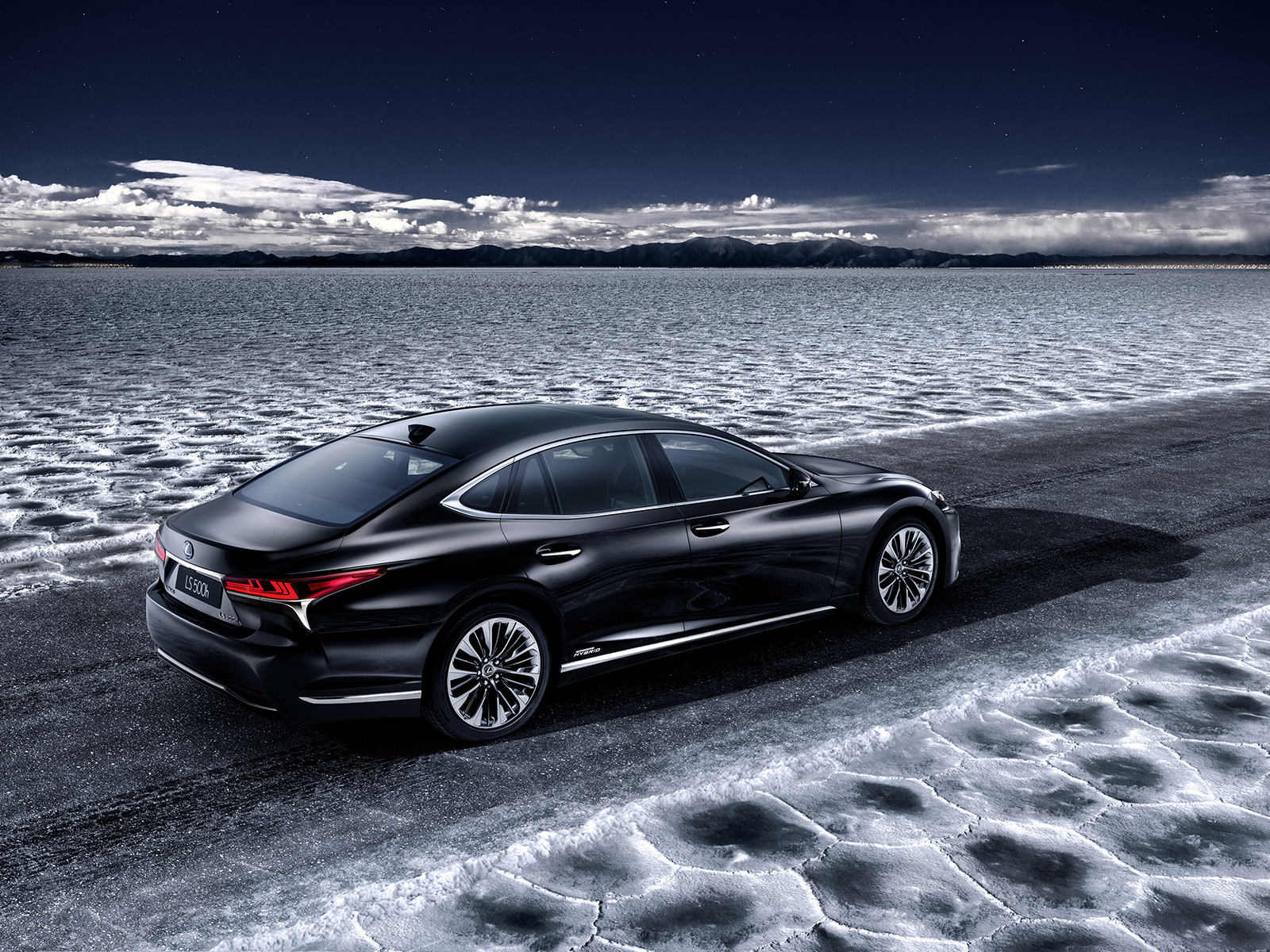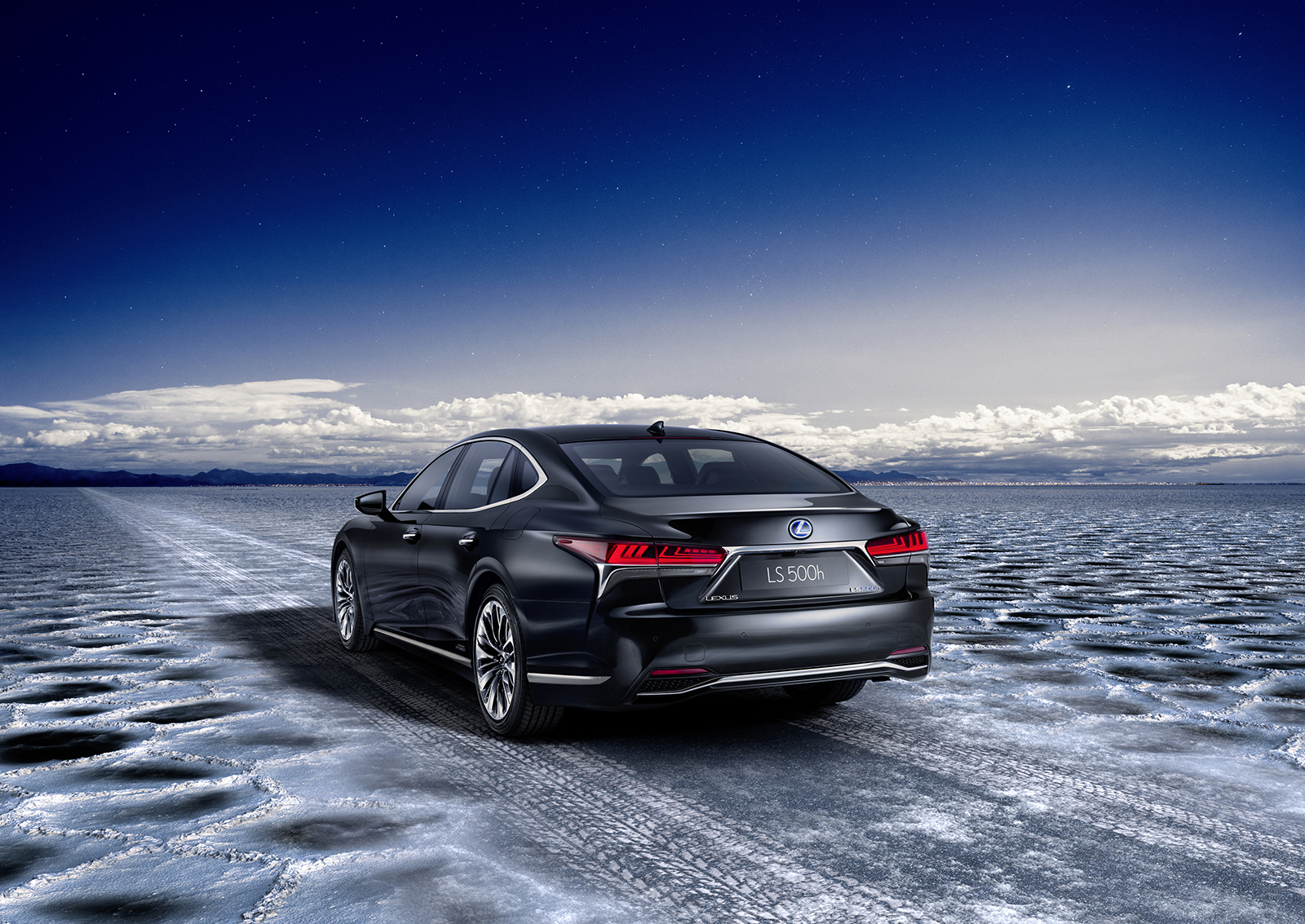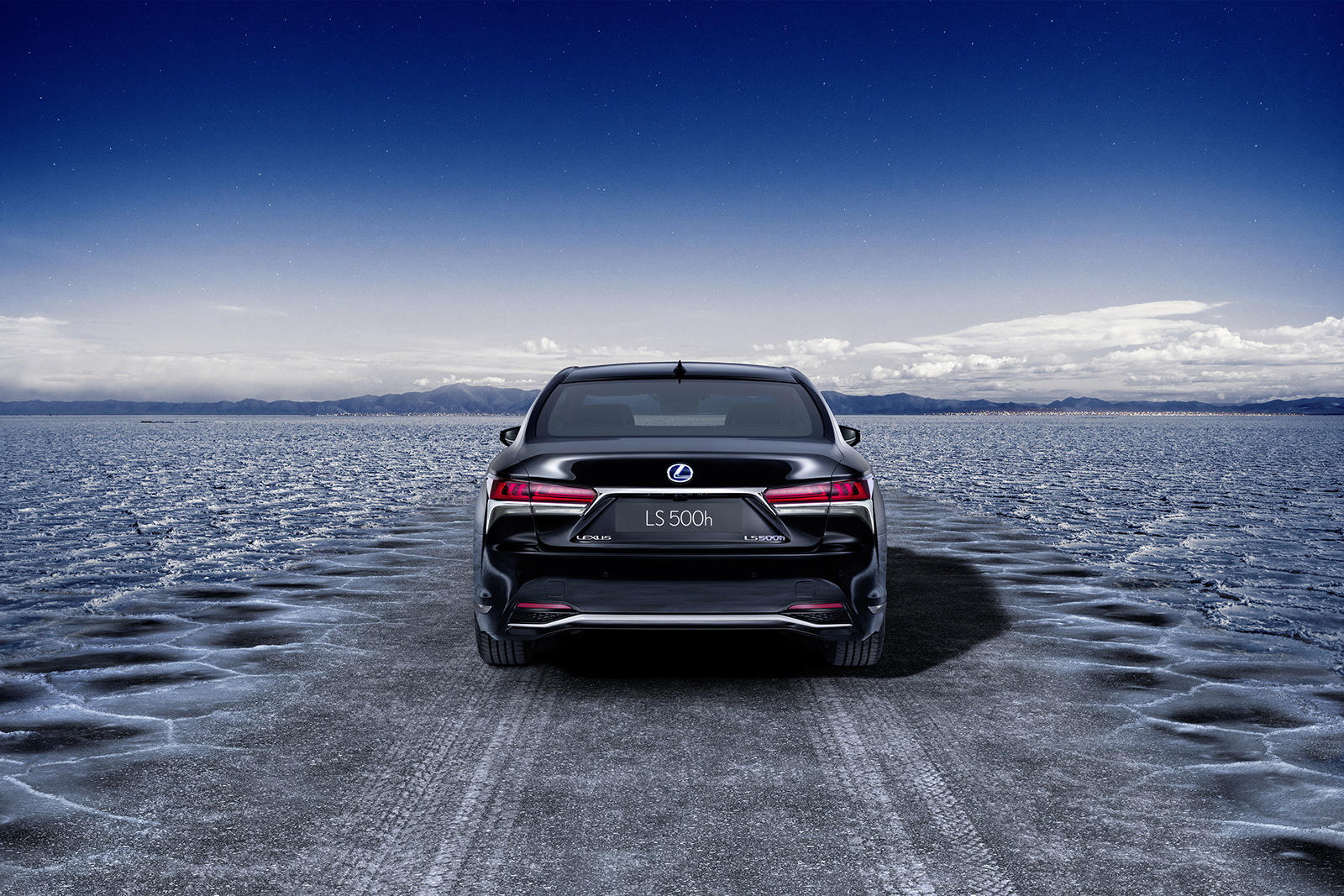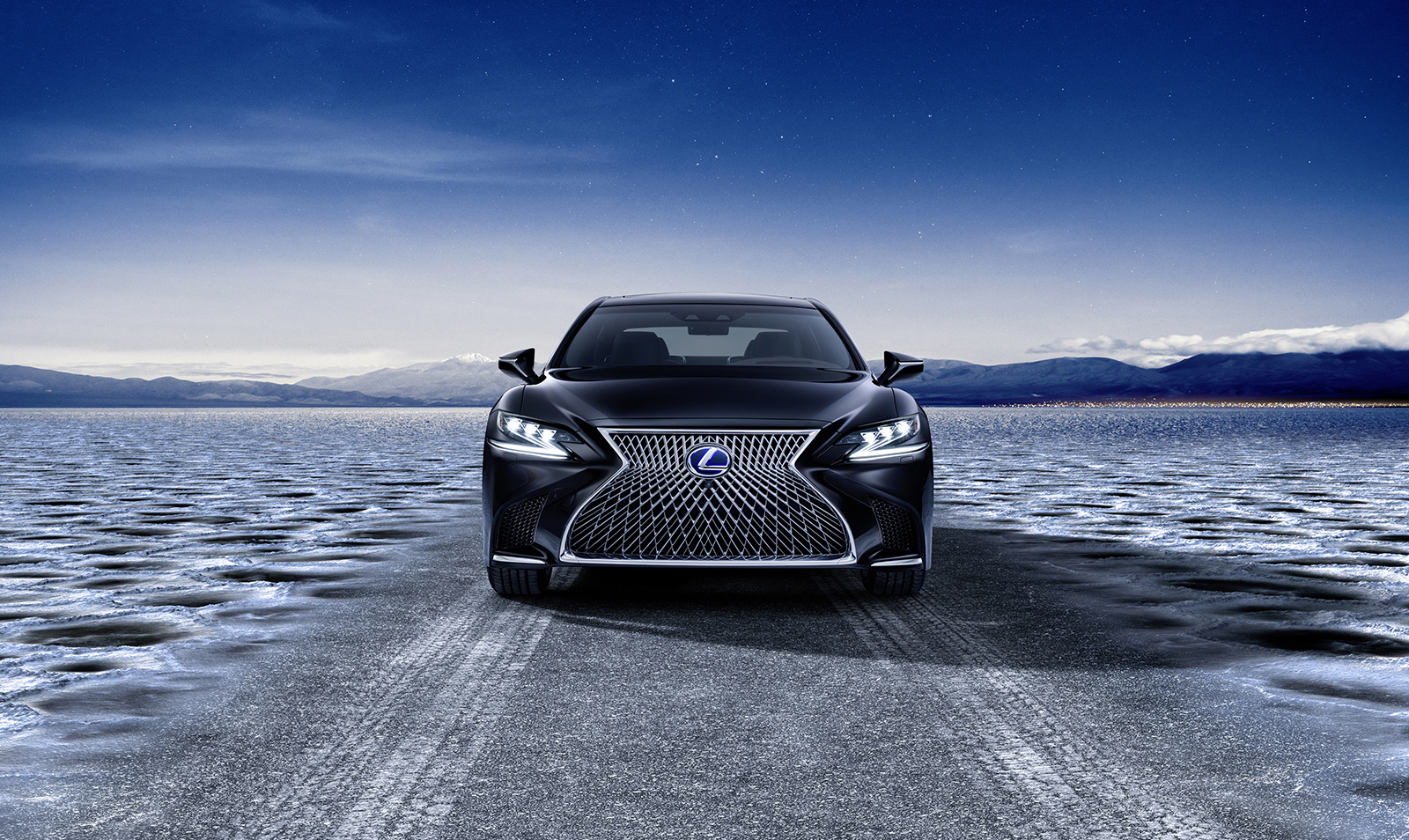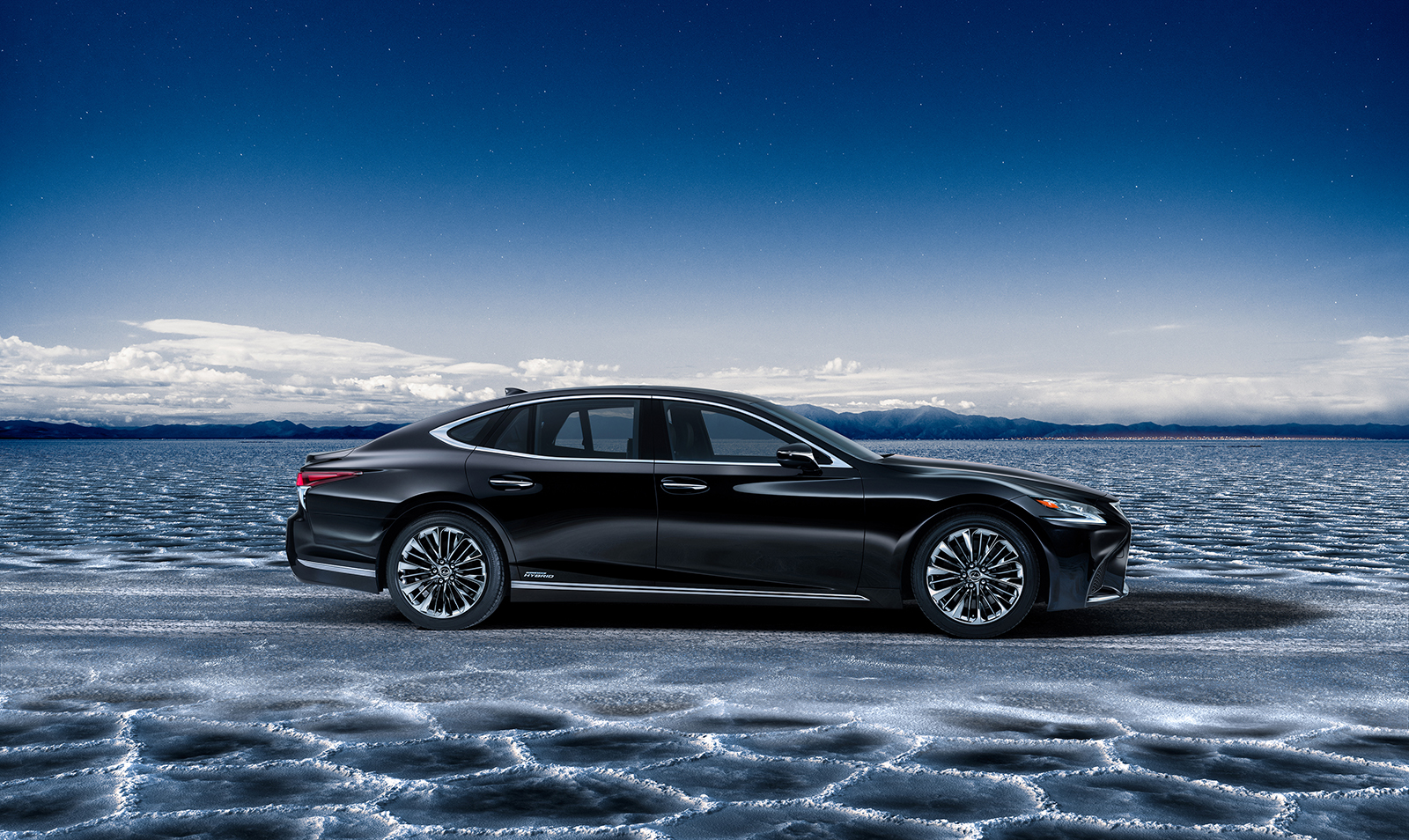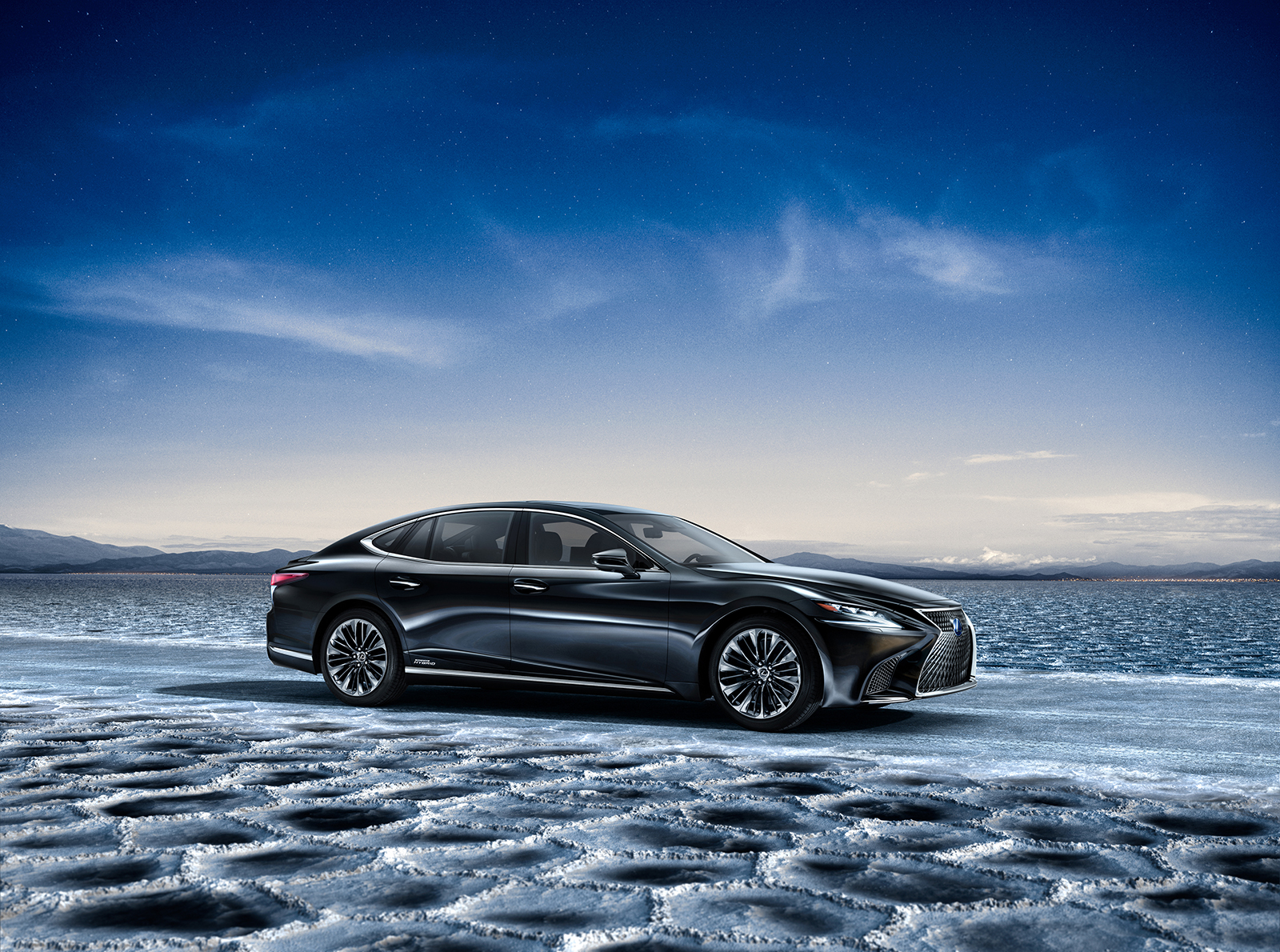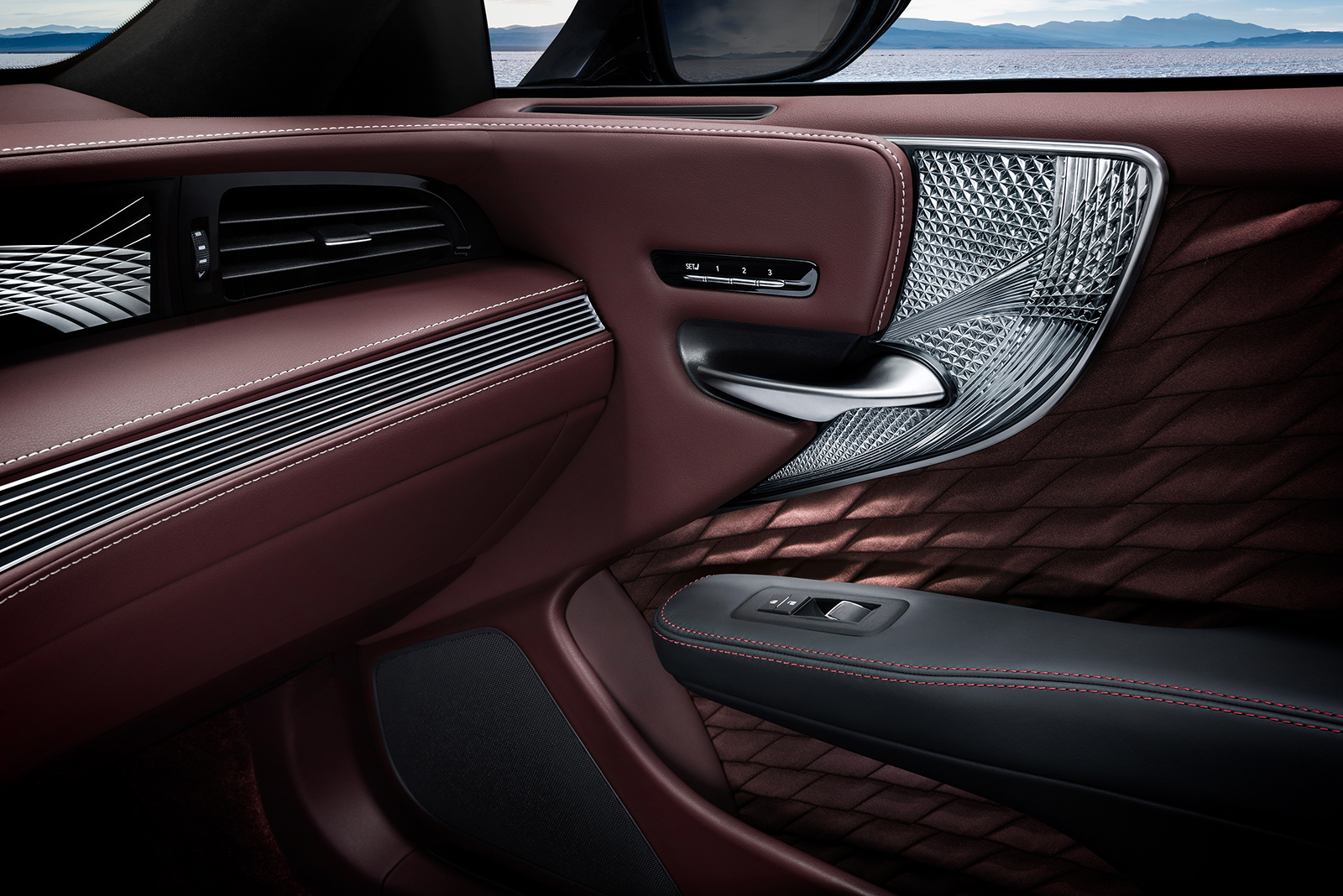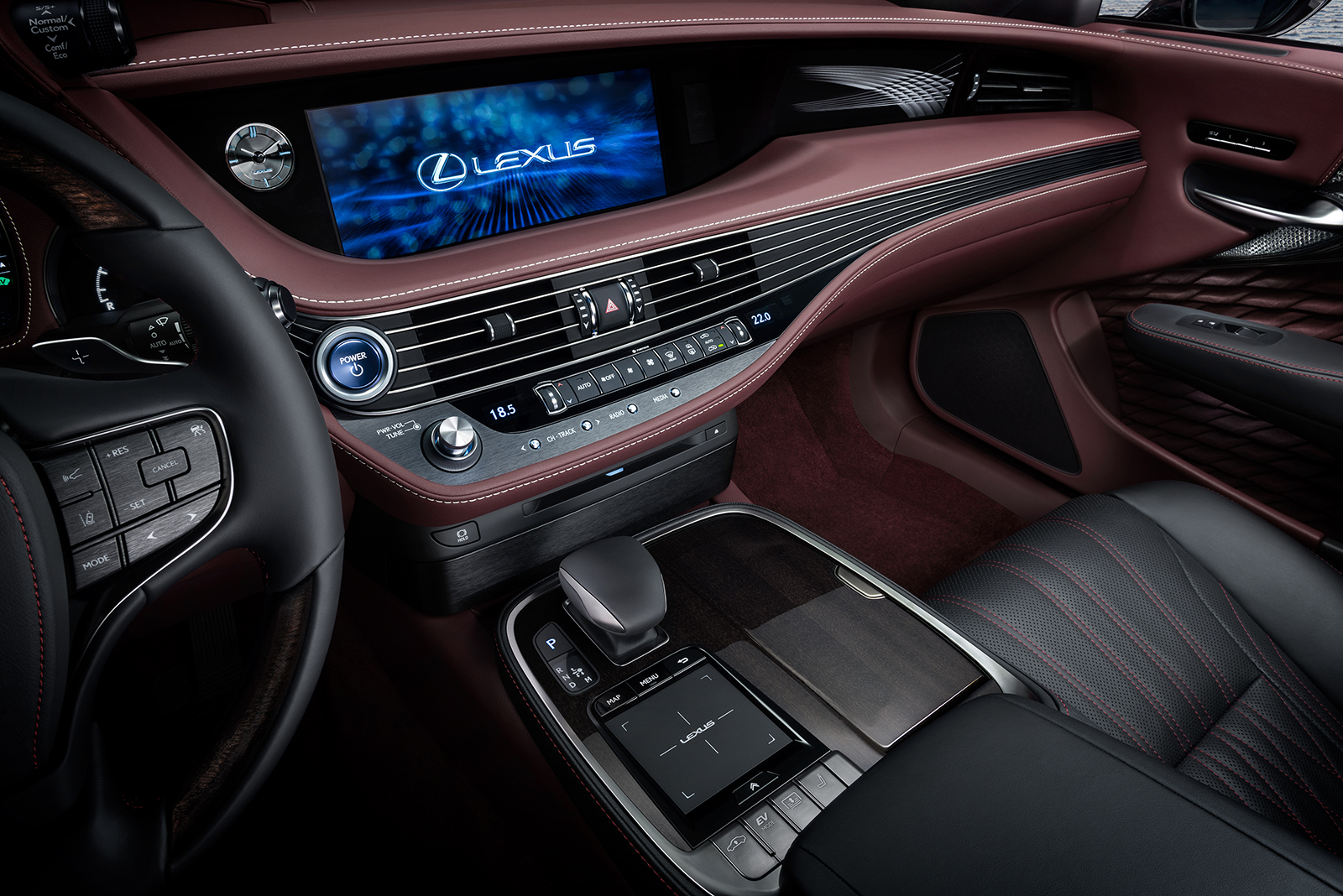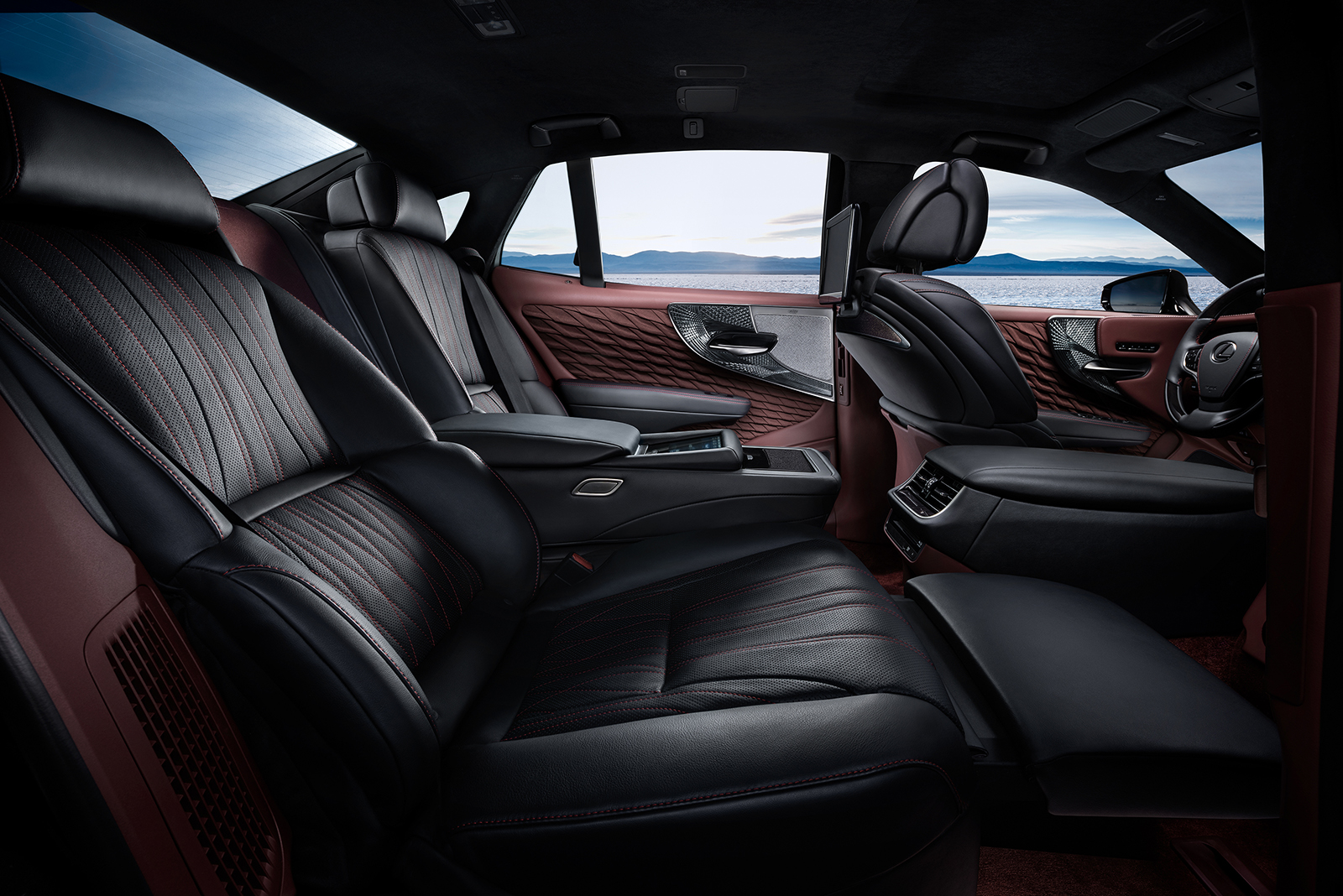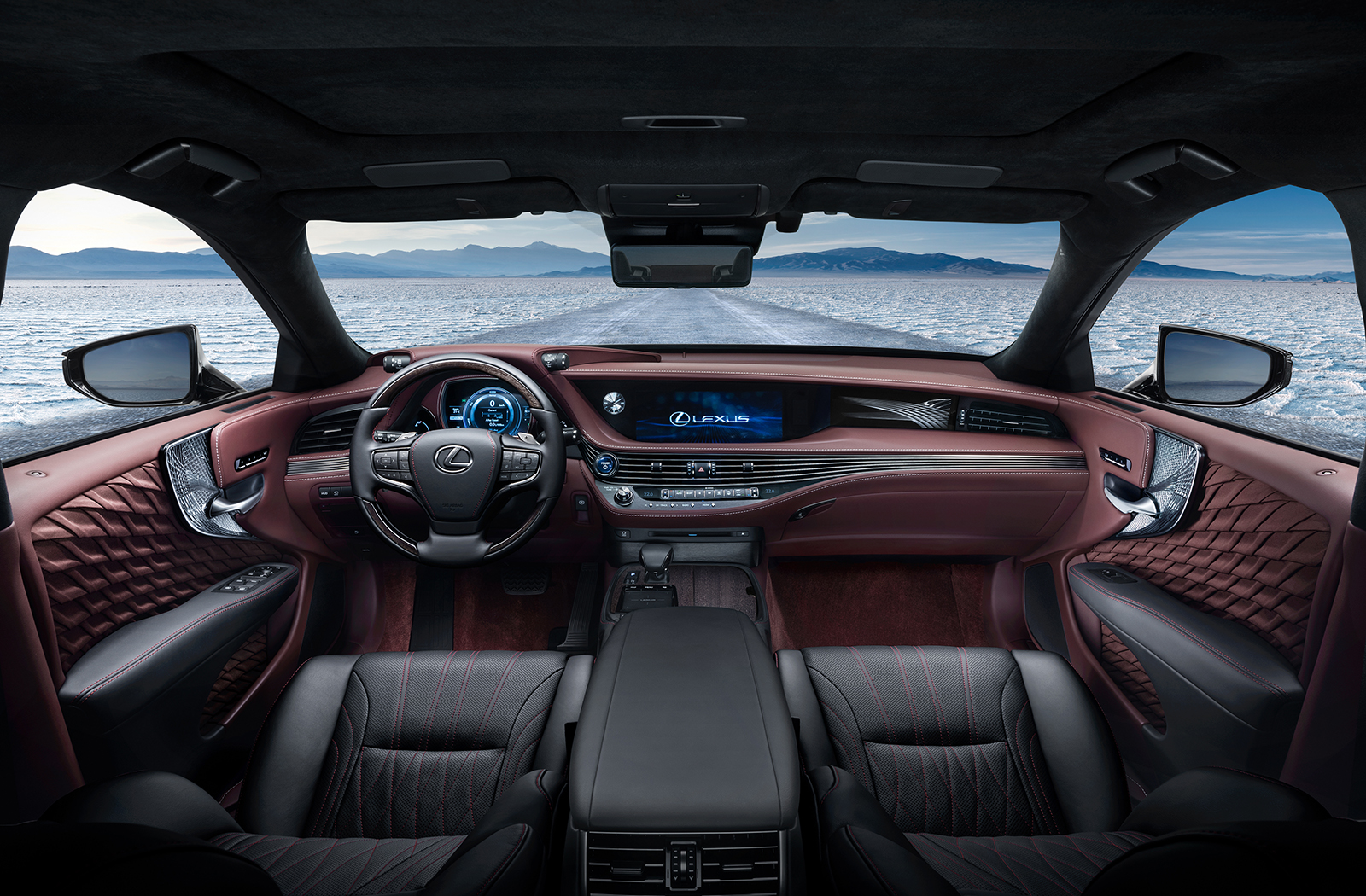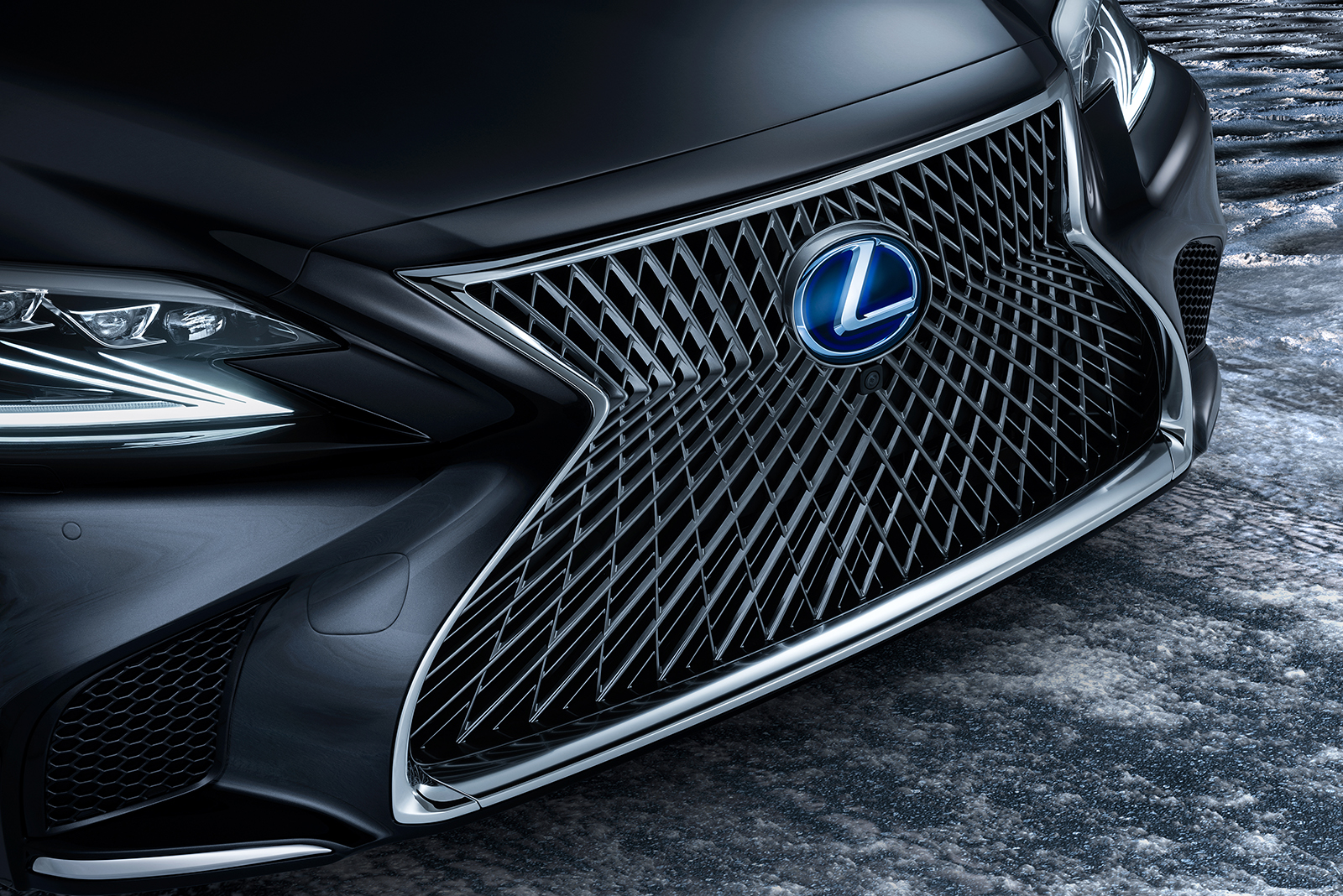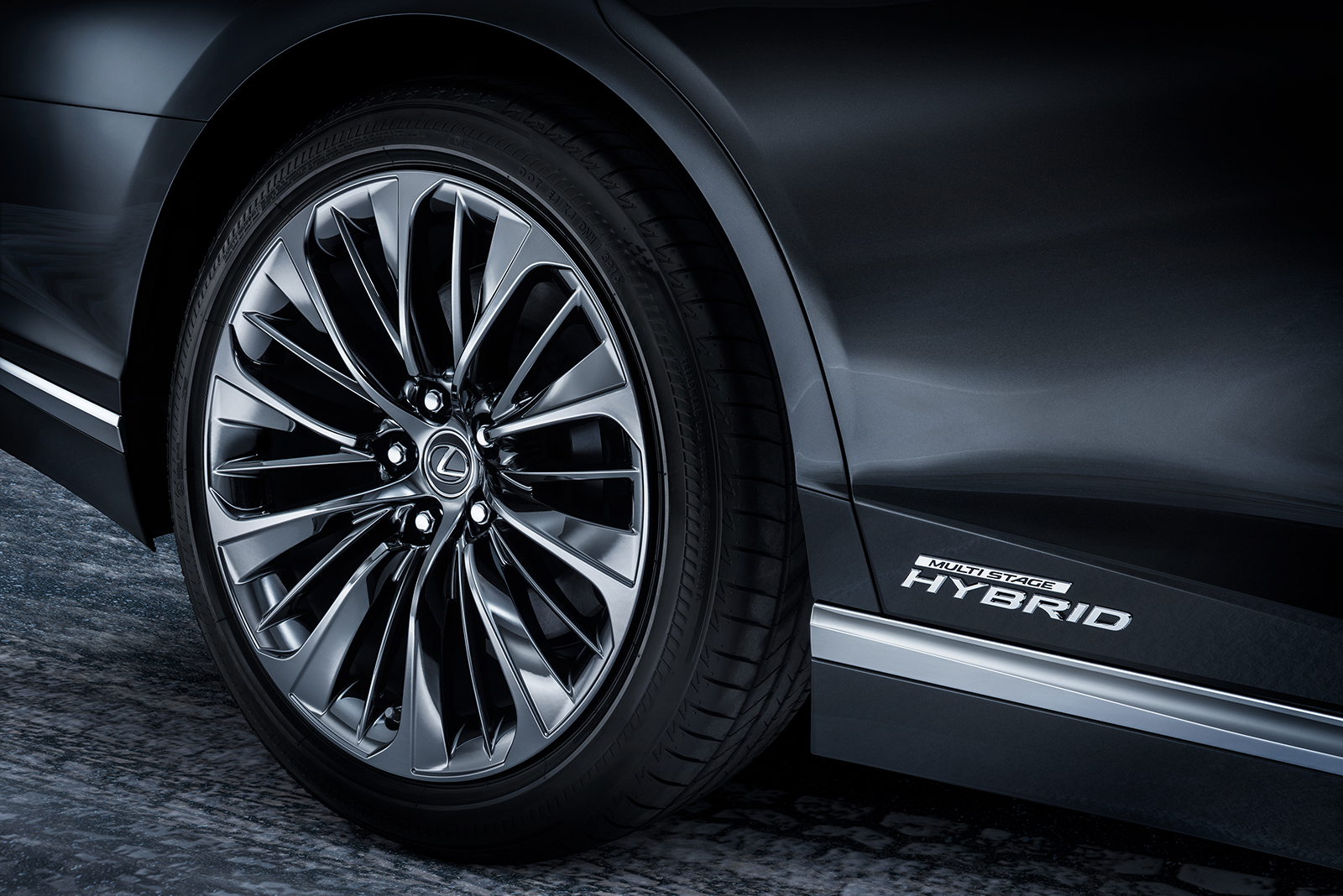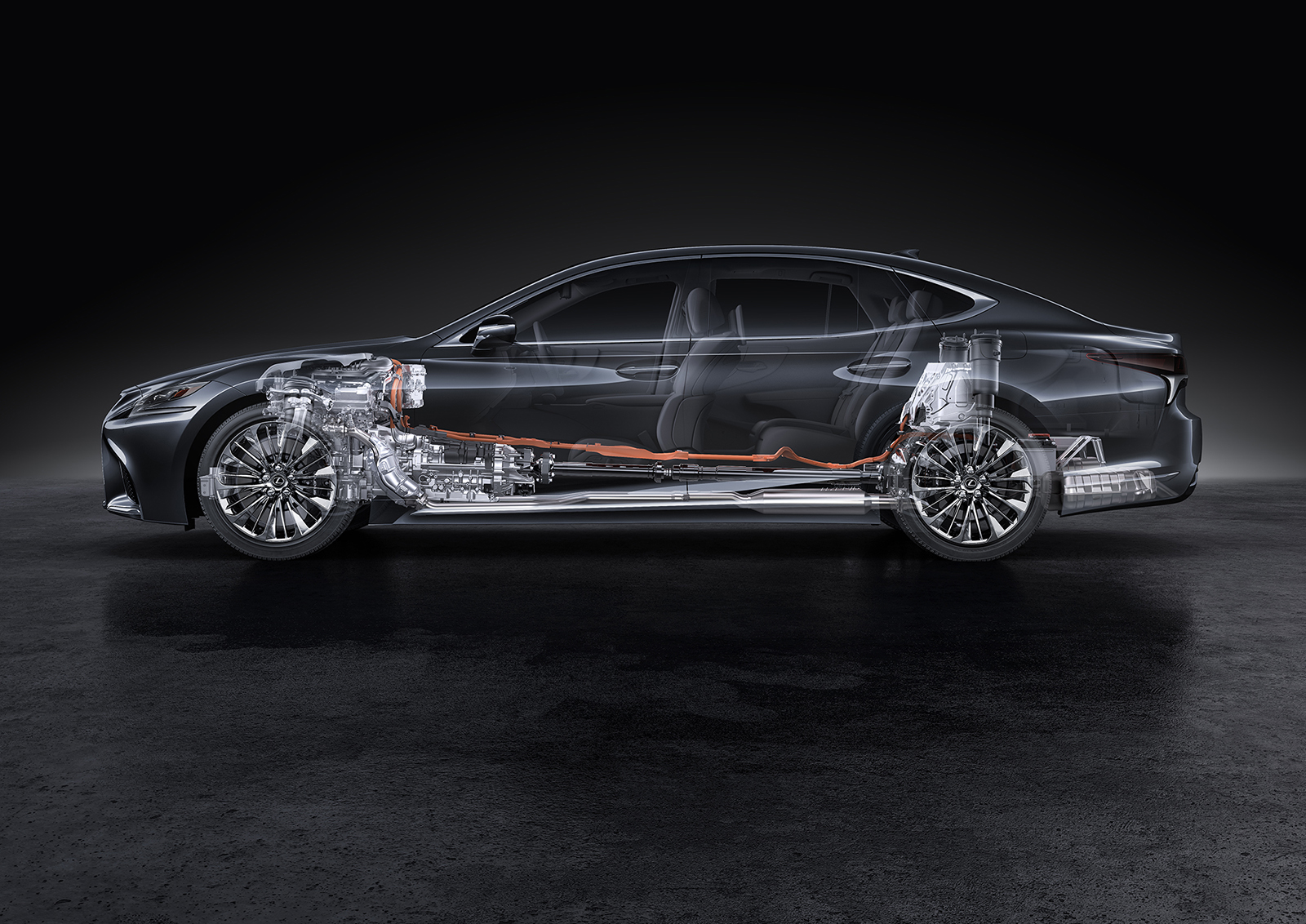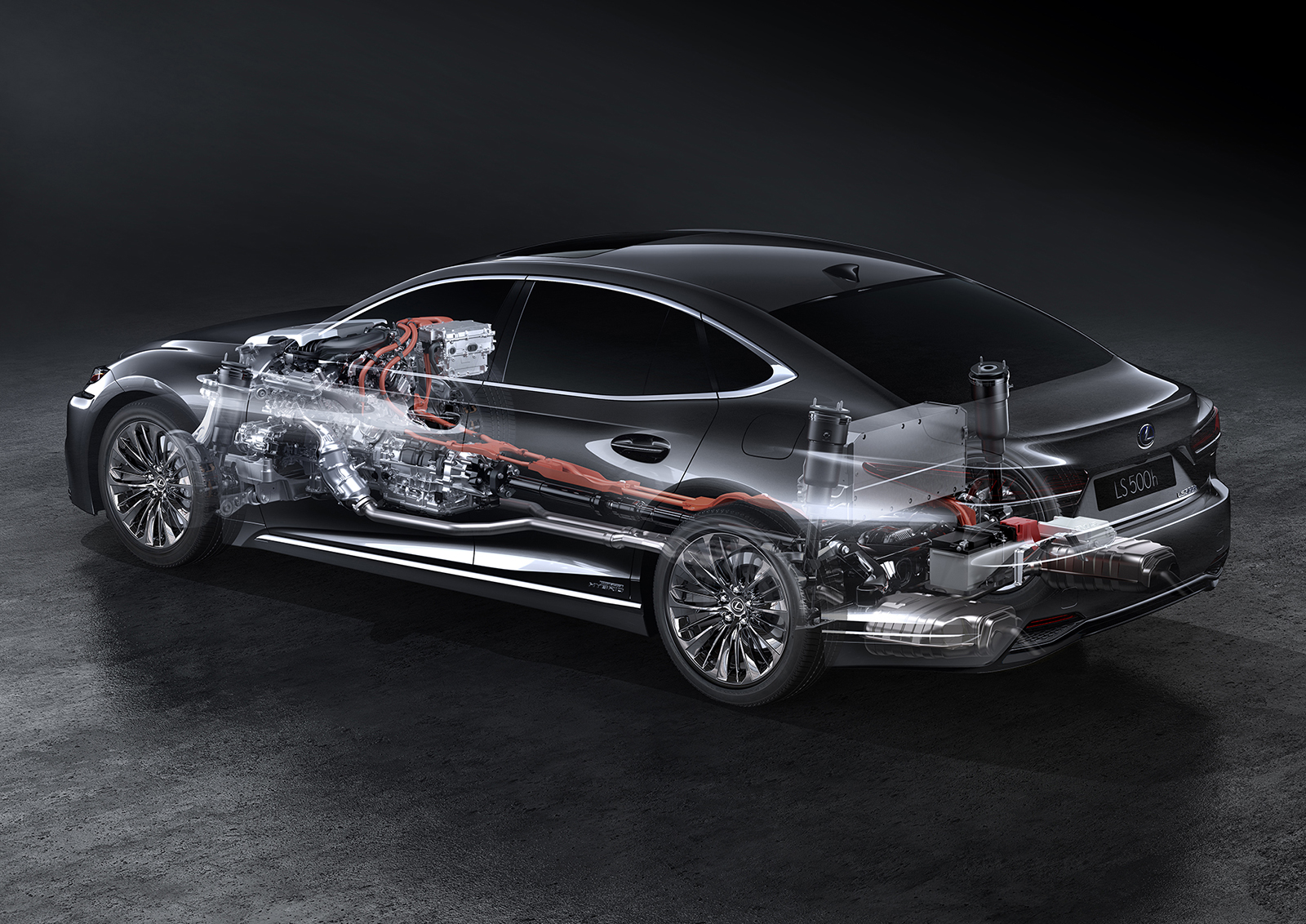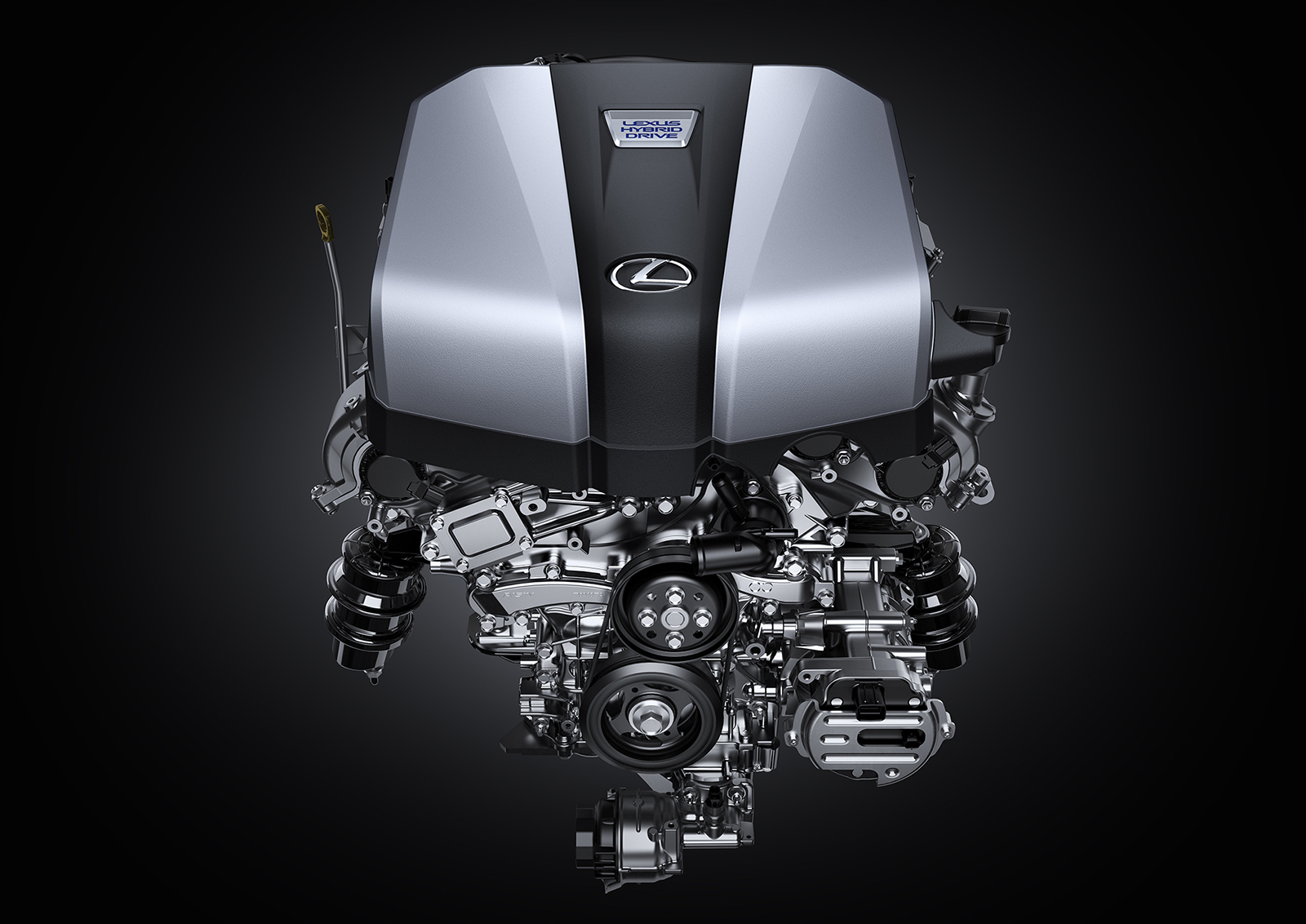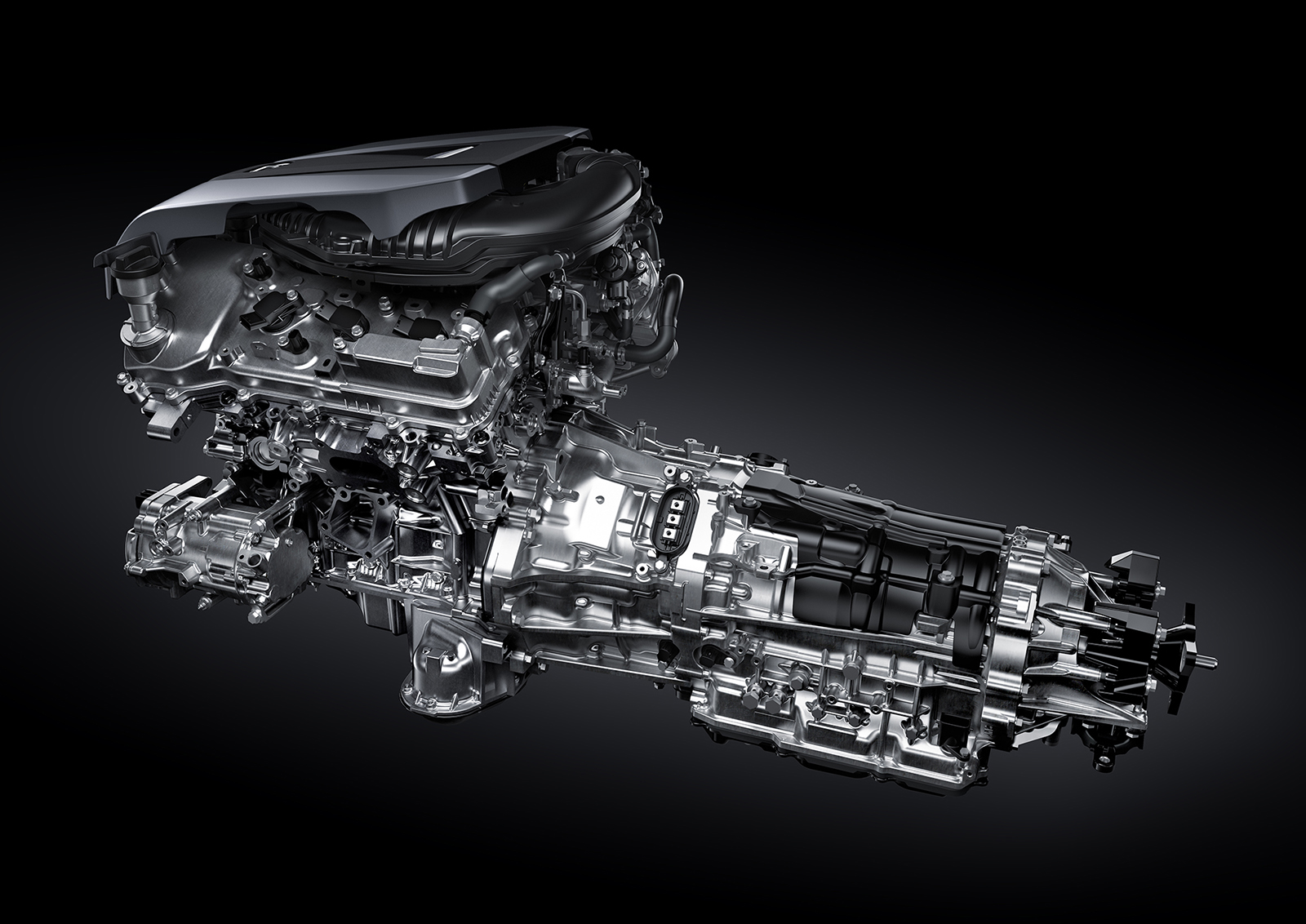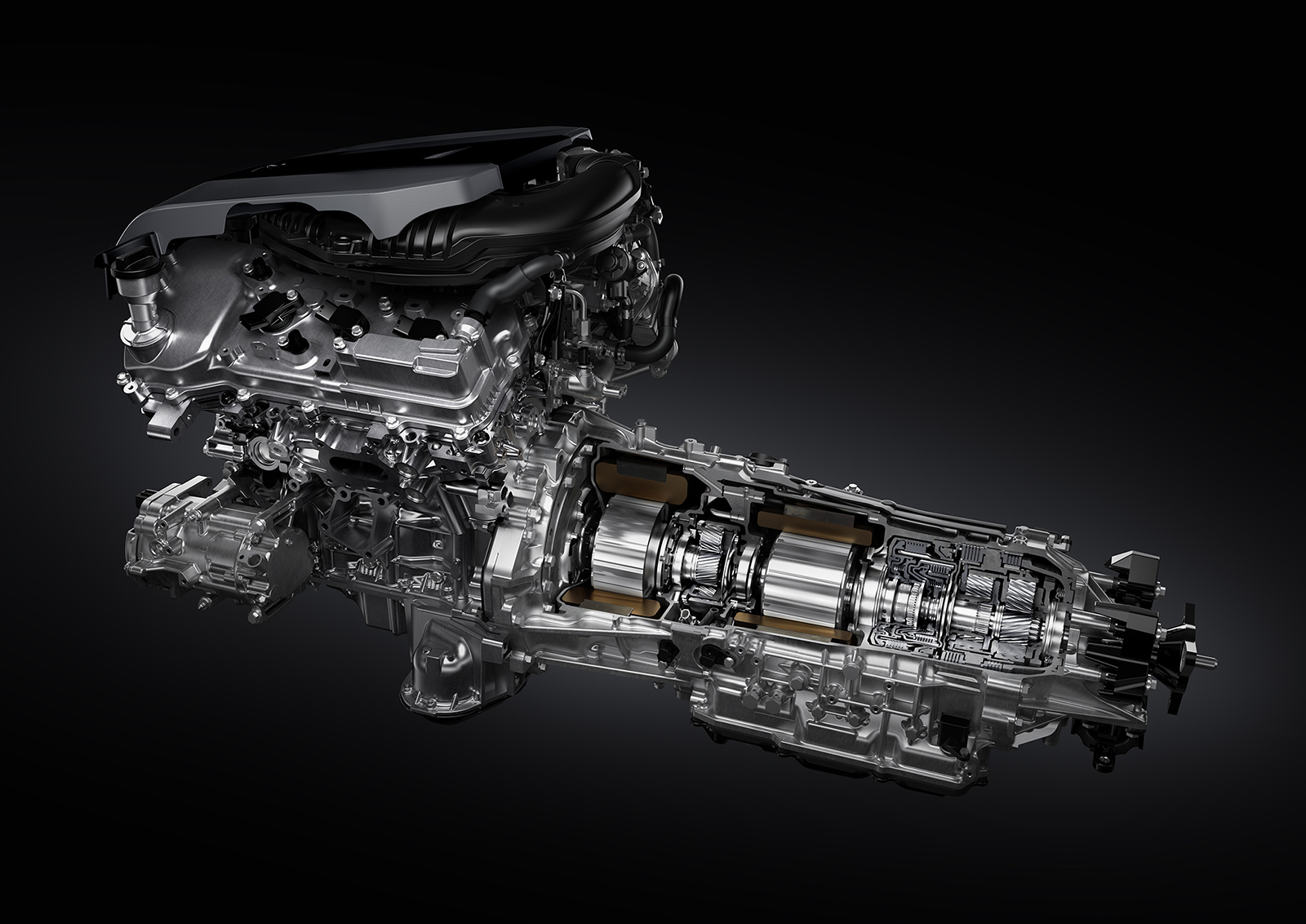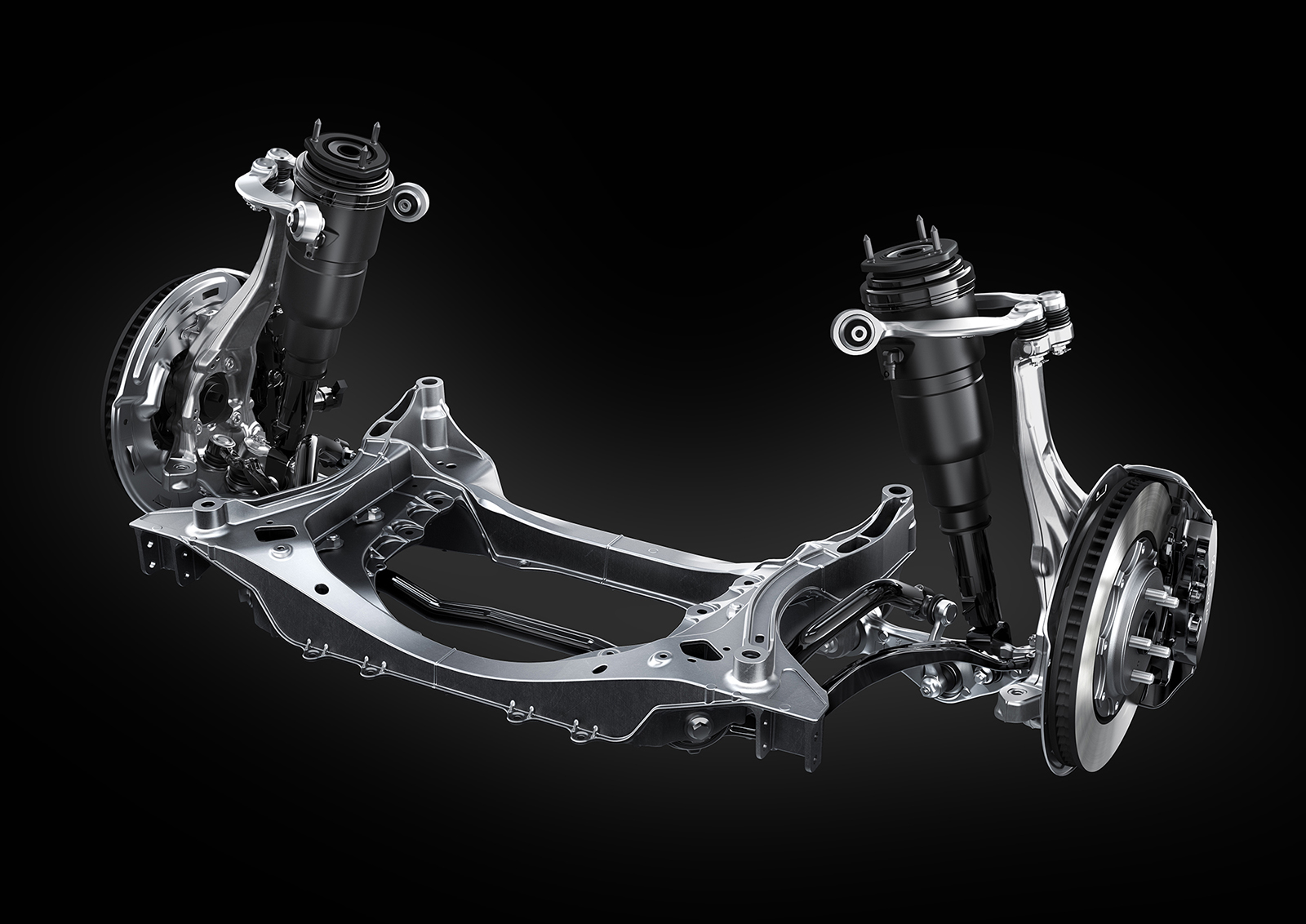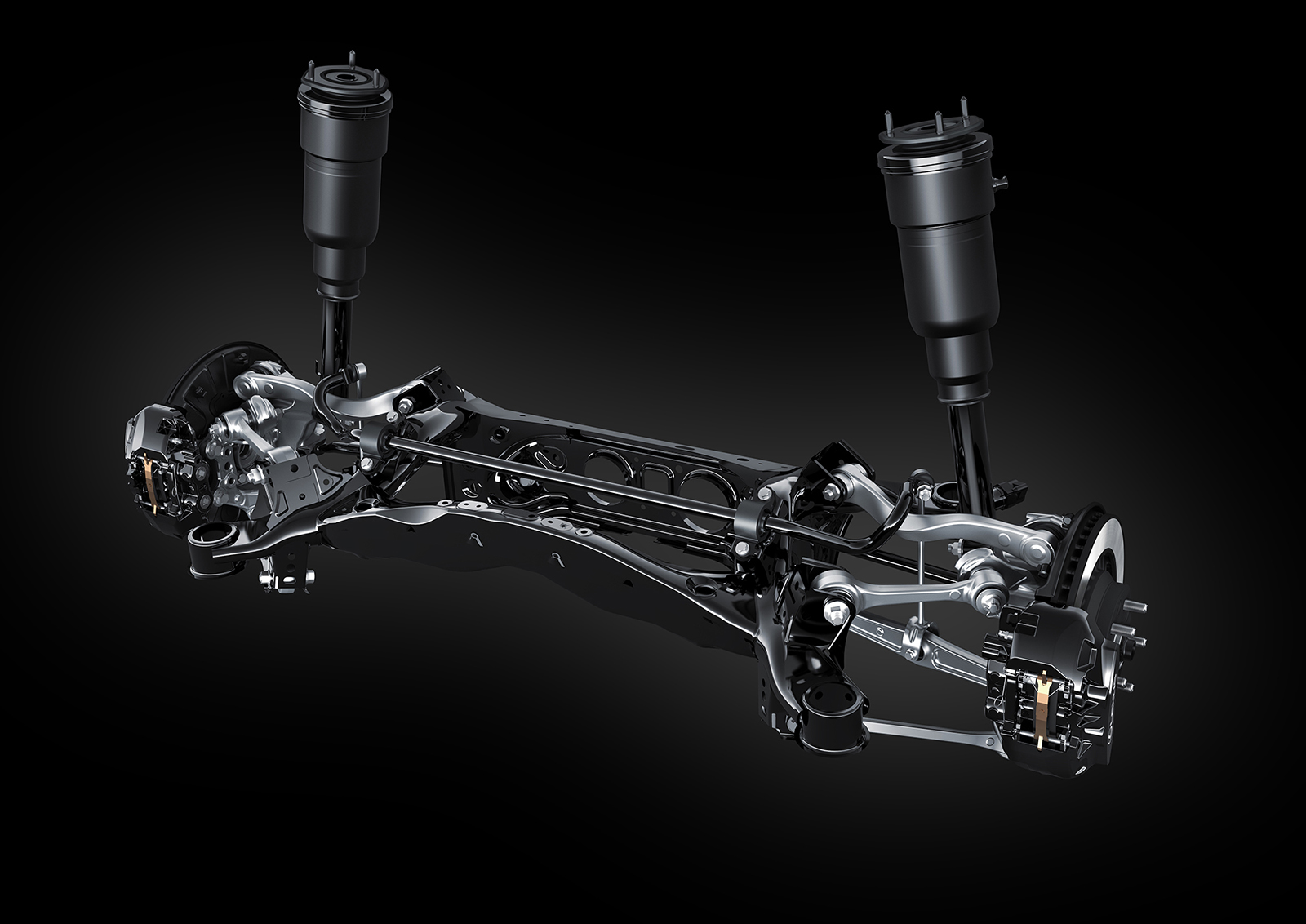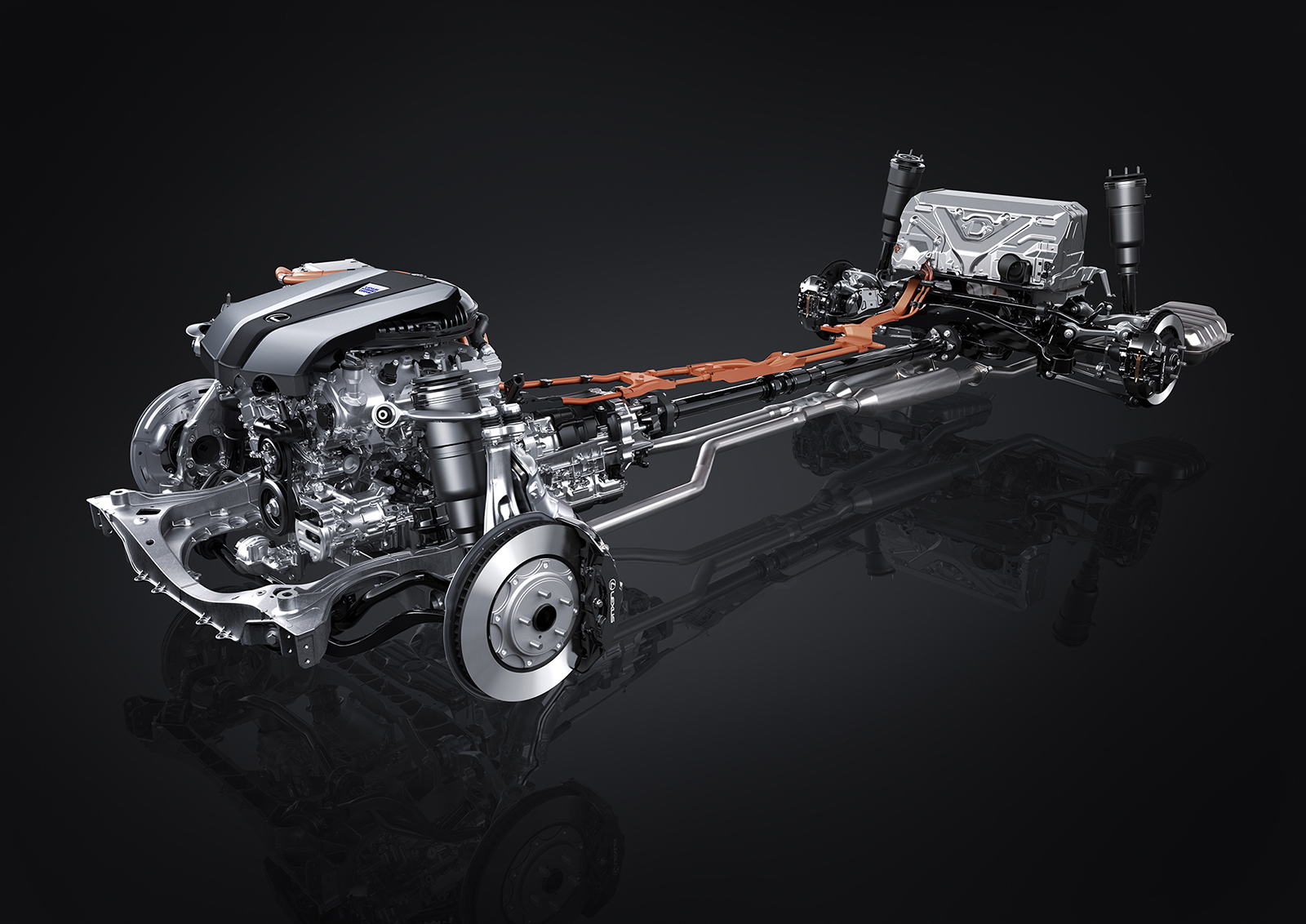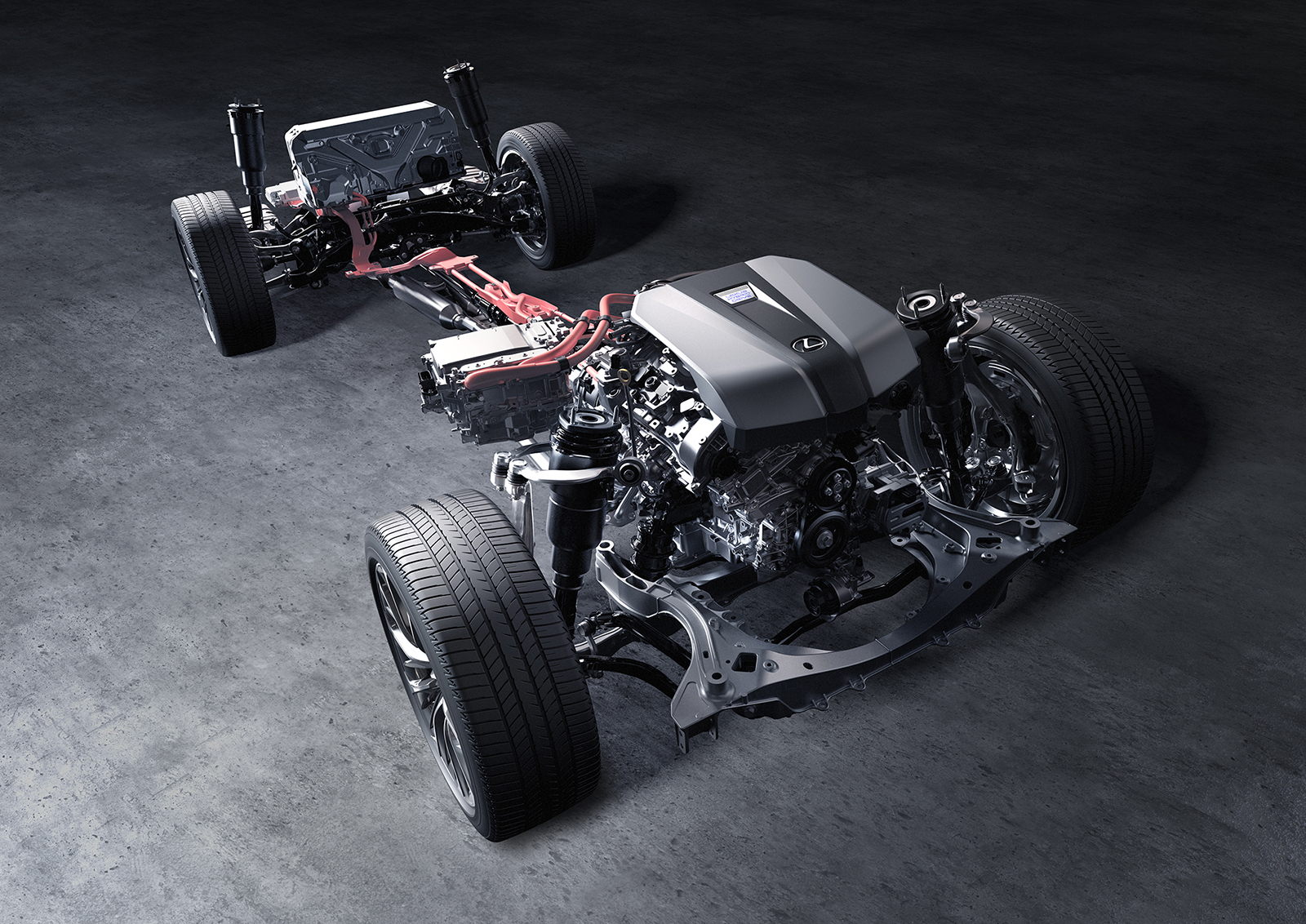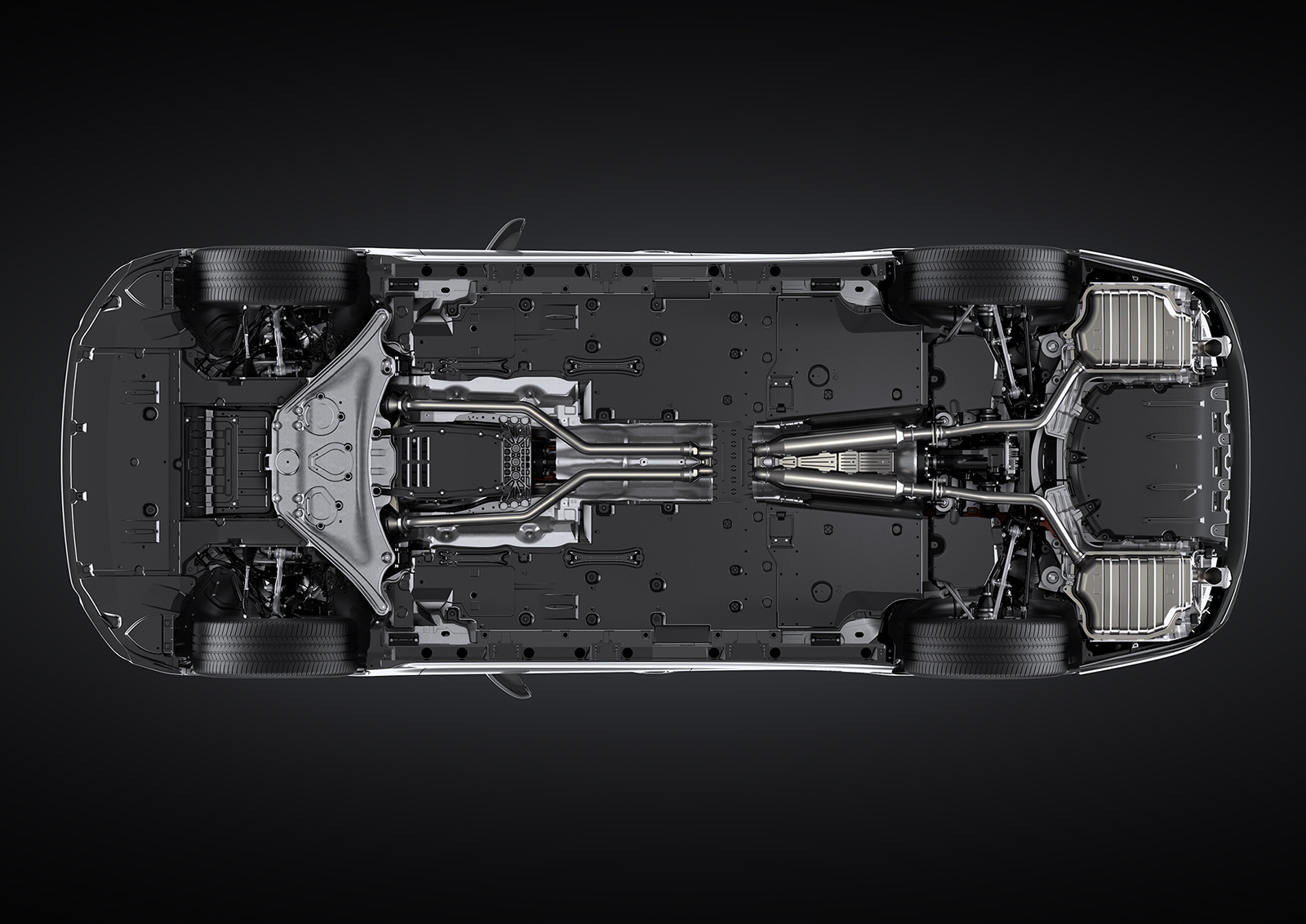As automakers continue envisioning a future for alternative propulsion to rid the world of the classic internal combustion engine, some are doubling down on their efforts to make this vision a reality in the name of innovation. Some are taking an even more aggressive approach by doing away completely with the gas engine entirely in the name of electrification.
But others are looking for a more progressive transition into electrification by blending the best of both worlds with hybrid powertrains. One of those automakers, Lexus, recently launched its latest and greatest LS flagship in Australia, and Australian auto outlet GoAuto.com heard the newest model has some new powertrains under development in the pipeline.
Speaking with the Lexus LS’s chief engineer Toshio Asahi at the regional media launch, GoAuto.com learned that Lexus is currently working on a plug-in hybrid variant, a full-electric, and even a hydrogen fuel-cell. When the latest LS was undergoing planning and R&D, Asahi said all of those variants were immediately brought to the table for discussion and are still being considered.
Of course, Asahi wasn’t very specific with details of future models, as is the typical candid response from most manufacturers. But it still is a far cry from a flat-out “no,” and leaves potential for future variants of the LS. He acknowledged that the company is aware of its direct rivals from Europe are doing.
Given that electrification is the latest trending strategy from automakers — but battery technology and lacking infrastructure continue to inhibit its growth — some car manufacturers are instead trying to ease customers into the transition toward electrification.
As of now, the best solution is the hybrid powertrain — part electric and part gas-powered. Because combines the best of both worlds without incurring the impractical quirks of all-electric vehicles, we’re expecting a huge influx of hybrids and plug-in hybrids in the near future to meet most people’s needs. All-electric versions will also surface for the EV fans, and those who like to keep things traditional can opt for the base gas-only V6 model. Fans of even more futurist tech will also be interested in a hydrogen fuel cell model, which is also a promising prospect for alternative propulsion.
At launch for us stateside, the 2018 Lexus LS flagship sedan comes with the choice of a gas-only six-cylinder beginning with the LS500, featuring an all-new twin-turbocharged V6, a first for Lexus. Displacing 3.5-liters, it churns out an impressive 416 horsepower and 442 pound-feet of twist, to either the rear wheels or all-four through a new 10-speed automatic.
In keeping with tradition from the previous models, there is a hybrid variant, called the LS 500h. It takes the same, new Multistage Hybrid System from the hot LC 500h coupe, and stuffs it into the LS. It features dual-electric motors with an Atkinson-cycle 3.5-liter V6 for a total of 354 horsepower. Juice is supplied by a lithium-ion battery pack.
Editors' Recommendations
- 9 longest-range plug-in hybrids: get the best of both worlds
- Hyundai cracks off two new land speed records in fuel cell, hybrid cars
- Toyota uses hydrogen fuel cells to power one of its Japanese factories
- Hyundai Nexo is the first fuel-cell vehicle crash-tested by the IIHS
- Colorado will adopt California’s zero-emission vehicle mandate to boost EV sales
